Handbook of Environmental Management
Synopsis
The importance of environmental science and environmental science and environmental studies can not be disputed. The need of sustainable development is a key to the future of making. Continuing problems of pollution, loss of forest, solid waste disposal, degradation of environment, issues like economic productivity and national security, global arming, the depletion of ozone layer and loss of biodiversity have made everyone aware of environmental issues. The United nation Conference in 1992 and Word Summit on Sustainable development in 2002 have drawn the attention of people around the globe to the deteriorating condition of our environment. Our ancient scriptures have emphasized about practices and values of environmental conservation. Now, it is more critical than ever before for mankind as a whole to have a clear understanding of environmental concerns and to follow sustainable development practices. Destruction of habitants, over use of energy resources and environmental pollution have been found to be responsible for the loss of a large number of life forms. It is feared that a large proportion of life on earth may get wiped out in near future. In spite of the deterioration status of the environment, study of envioero0nment has so far not received adequate attention in the academic programmes. Recognizing this, the Hon’ble Supreme Court has directed the university Grant Commission to introduce a basic course on environment. The book cover different topics such as: Introduction, Environment, Natural resources, including Renewable and non-renewable resources, Ecosystems, Biodiversity and its conservation. Environmental Pollution includes air, water, soil, thermal, marine and noise pollutions, Solid waste management and natural Disasters. Social (Issues) and the Environment including Environment protection Act; Human population and the Environment; Environmental education, programmes and organizations; field and labour work guidelines; (iii) The vocabulary and level of discussion have been kept simple and understandable even with no science background. (iv) Objectives, multiple choice and subjectives, multiple choice and subjective type question are given at the end of each chapter; (V) Appendix covering standards for waste water disposal, emissions and air quality. References are given at the end of book (Vi) Glossary of important terms and Abbreviation are also given at the end for ready reference.
Read more
99.00
89.1
$
110.00 $
Free delivery Wolrdwidе in 10-18 days
Ships in 2-4 days from New Delhi
Membership for 1 Year $35.00
Get it now and save 10%
Get it now and save 10%
BECOME A MEMBER

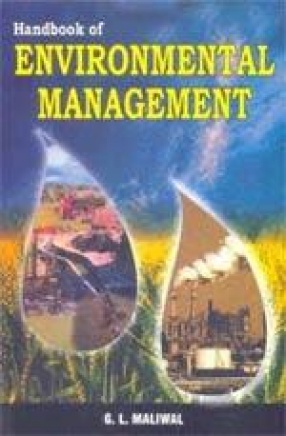

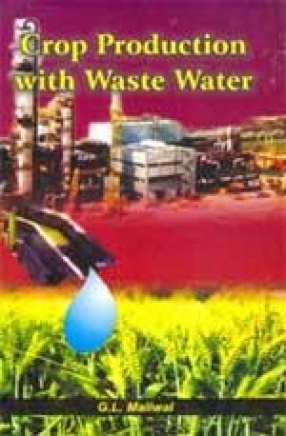
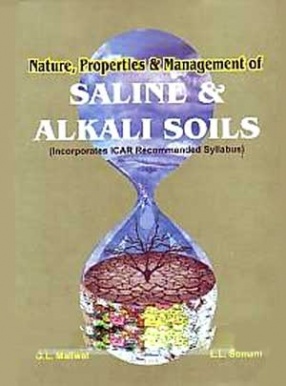
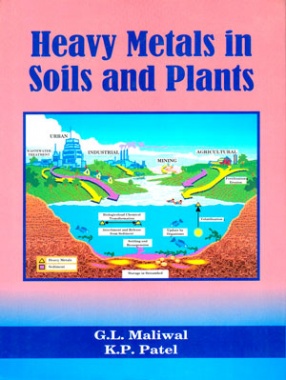

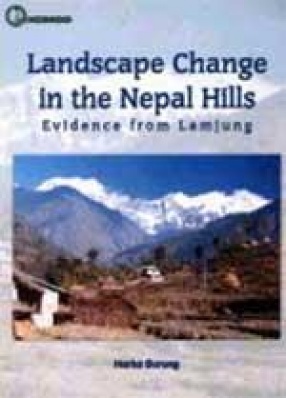

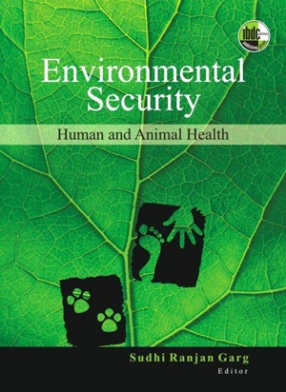

Bibliographic information